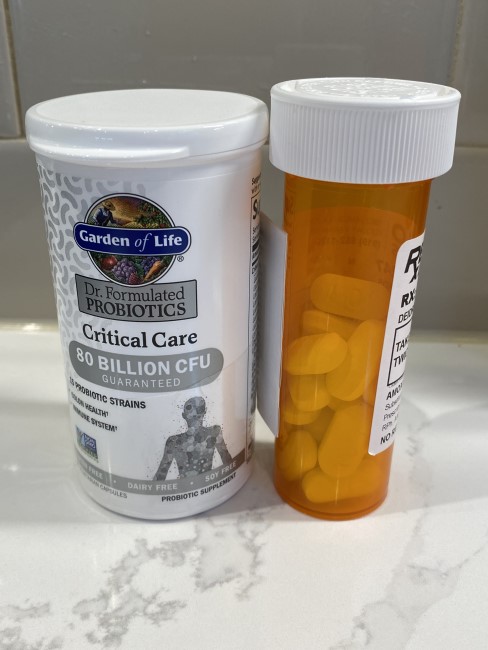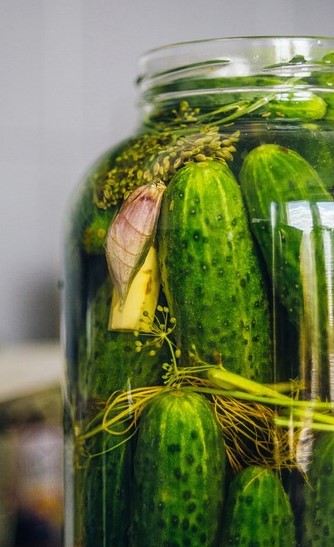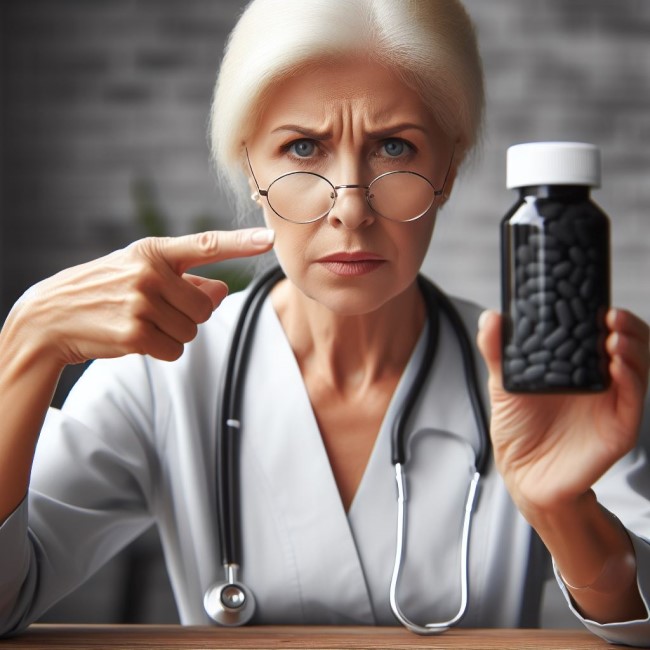Happy New Year!
While some people are cleaning up the festive hats and noisemakers from year-end celebrations, I am looking at my new antibiotic prescription and supplement of probiotics.
This is a good thing. I am truly celebrating as my month-long symptoms of upper respiratory crud begin to taper off.
Hallelujah!
In mid-December – with lots of prayer, cough drops, and hot tea, I managed to do a podcast with enough voice to sound normal.
I was invited to share something about my caregiving experience as related in my book, Toolkit for Caregivers, on a podcast that was new to me. The half-hour radio show/podcast airs on AM radio in major cities in Texas, and Tampa, Florida.
My interview was on December 16th – with the complete list of all their podcasts HERE.
Hosted by nationally recognized gerontologist, Carol Zernial, and veteran broadcaster and attorney, Ron Aaron, “Caregiver SOS On Air,” features a wide variety of caregivers, medical experts, and others, who explore topics important to caregivers.
This radio/podcast outreach program is just one part of the WellMed Charitable Foundation, which is designed to support seniors and their caregivers. I am happy to share these links which might be helpful to you or someone you may know.
Speaking of being helpful, let’s return to those probiotics I am taking.
What’s that all about?
When taking an antibiotic, not only are the bad guy/disease-causing bacteria being killed, but the good guy/beneficial-bacteria in our gut is also getting annihilated.
Many people find that gastric upsets are often associated with taking antibiotics – anything from sour stomachs to diarrhea. While we should always be proactive with maintaining a healthy gut biome, it is especially important while on antibiotics.
For a great synopsis of probiotics and gut health, a great read would be from our old friend, the Mayo Clinic.
We remember that probiotics are living microorganisms available in our food and supplements. They keep a balance of bacteria within the gut and assist with its optimal functioning for digestive and total body health – including immunity.
Always check with your health care provider about taking a probiotic with your antibiotic in case there may be special considerations for your situation. Sometimes, it’s recommended to take the probiotic two hours after taking the antibiotic.
In our diet, probiotics may be found in:
- Kefir
- Kimchi
- Kombucha
- Miso
- Pickles
- Sauerkraut
- Tempeh
- Yogurt
A caveat about sauerkraut and pickles: The probiotics in these foods generally do not survive the pasteurization process. You can find unpasteurized sauerkraut and pickles in the refrigerated sections of some grocery stores, but always check the label to make sure the product has not been pasteurized.
Another tip about antibiotics: always take the full course. Stopping the meds as soon as you feel better can be a recipe for disaster, as the toughest-of-the-tough germs that survived several days of an antibiotic are left to multiply – and they will create vast numbers of super-strong bad boys like themselves! You could find yourself in a relapse that’s worse than the original illness.
Now, where’s my kombucha?
Happy New Year in health – Deidre
Sharing the helpful links and ideas from this post is easy using the options under the MORE button below.










